If you’ve never hired sales consultants to develop your sales team, you might wonder what the process is like, how long it takes, what kind of support you get, etc. (Don’t worry; it’s a new process for most of our clients!) You might also wonder how you know you’re choosing the right consulting team for you. In order to get the most out of your investment, there are five things you should look for.
1. What’s Their Experience Level?
A great consulting team has experience in both sales and sales development. Ask them how long their team members worked in sales and what they accomplished when they were actively selling. Also ask how long they’ve been developing sales teams. For example, Sales Arbiter’s team has decades of experience in both sales and sales development for both corporate and small businesses.
2. What Do Their Past Clients Say?
If the business doesn’t automatically share testimonials (for example, the Sales Arbiter site shows some on the Home page) or offer a link to their page on an online business review site, ask if they have any they can share. You could also ask if there are any former clients you could speak with to ask them about the consulting business.
3. What Are Their Past Results?
After you ask them what their past clients have to say, ask them what kind of results their clients saw as a result of the consultants’ services. After a whole sales team receives more training and development, the business should see an increase in leads, in clients moving further into the sales funnel, and in sales revenue. A difference in sales numbers might take some time, but seeing an increase in the amount of leads and increased movement in the sales funnel are results you should see in the first couple of months. If a business follows through with the strategies provided, Sales Arbiter typically sees clients grow their revenue by three to five times.
4. Do They Have a Process?
An experienced team of sales consultants should be able to show you an outline of their process. What are they going to do doing their first 30 days with you? How long will training take, or how long will your salespeople be “off the road?” They should have an overall process they know works and be able to make you aware of their customized, strategic plan to move your business forward.
Here’s a sample of Sales Arbiter’s general process so you can get an idea:
- Month 1, Kickoff
Define Goals, determine resource needs, and set a timetable for deliverables.
- Month 2, Tool Building
Build custom tools, begin executing a plan, and implement immediate sales initiatives with training.
- Month 3, Complete Technical Plan
Execute deliverables, continue training and reinforcement, and gauge results.
- Month 4, Work Plan
Continue implementation, uncover challenges and gauge results, continue training and enforcement.
- Month 5, Tweak Plan
Make small adjustments, revise tools as needed, continue training and reinforcement.
- Month 6, Conclude Project
Deliver final work and product, and determine how to “hand off” to a designated internal company resource.
5. Do They Provide One-on-One Development?
Training your team as a whole is great. However, it’s also useful for your individual salespeople to get one-on-one development with someone other than the person who trained them. In addition, there might not be anyone in your organization who has the time to periodically evaluate a salesperson’s interactions with prospects and clients. Our team members can examine a salesperson’s approach, pitching, follow-up, and client interactions, identifying key areas for development and then giving them techniques to develop those areas.
Remembering to ask these simple questions will enable you to choose the right sales consultants for your organization. Sales Arbiter has answers to all these questions and more – contact us to learn more about how our process can get the most out of your sales team.











